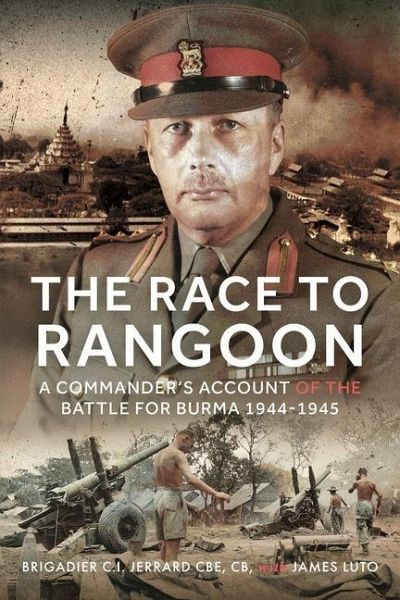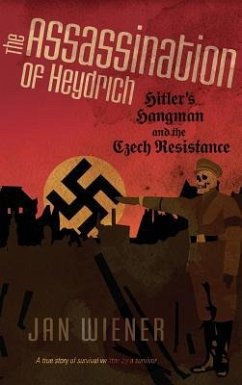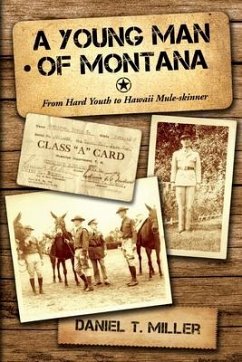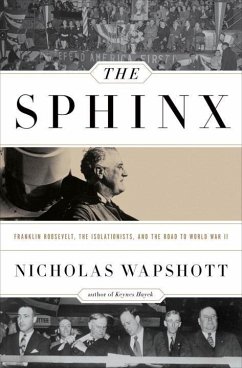
The Race to Rangoon
A Commander's Account of the Battle for Burma, 1944-1945
Versandkostenfrei!
Erscheint vorauss. 28. April 2026
33,99 €
inkl. MwSt.
It was a casual encounter, a conversation between holidaymakers abroad. As all such discussions inevitably do with people of a certain age, the subject of children was raised. One said that his son was a military historian who specialised in the Fourteenth Army - often known as 'The Forgotten Army'. The other said that her late father was a senior officer with that very same forgotten force. She had retained all his papers; would the other's son be interested? Those papers included maps, diagrams and orders compiled by Brigadier Charles Ian Jerrard. Jerrard commanded the 98th Brigade during th...
It was a casual encounter, a conversation between holidaymakers abroad. As all such discussions inevitably do with people of a certain age, the subject of children was raised. One said that his son was a military historian who specialised in the Fourteenth Army - often known as 'The Forgotten Army'. The other said that her late father was a senior officer with that very same forgotten force. She had retained all his papers; would the other's son be interested? Those papers included maps, diagrams and orders compiled by Brigadier Charles Ian Jerrard. Jerrard commanded the 98th Brigade during the re-invasion of Burma in 1944, a formation which participated in the great battles which saw the Fourteenth Army crossing the Chindwin and the Irrawaddy, taking Mandalay in bitter close-quarters fighting, and, eventually, driving the Japanese out of Burma. On 6 October 1944, Admiral Lord Louis Mountbatten, the Supreme Allied Commander South-East Asia, arrived at Janori in India to inspect all the units in the 98th Brigade. On the eve of the 98th's departure for the Burma theatre, Mountbatten concluded his address to the troops with these words: 'The Japanese has one great advantage ... his greatest pleasure is to die for his country. It is up to you to see that you give him all the pleasures he can possibly have.' With these words ringing in their ears, Brigadier Jerrard and the men of his 98th Brigade concentrated in the Imphal area in early November 1944. The 98th was going to war and set about its task of pursuing the Japanese. The aim was to run them out of Burma. The most remarkable document discovered in Jerrard's papers was his personal account of these momentous operations and engagements. Told from a front-line commander's perspective, this highly detailed and thoroughly absorbing narrative provides the reader with a unique insight into one of the key campaigns of the Second World War. It is that story which is presented by James Luto in this book. As a result, those seven dramatic months of continuous action is revealed in detail through a unique war history collated in 1946.













